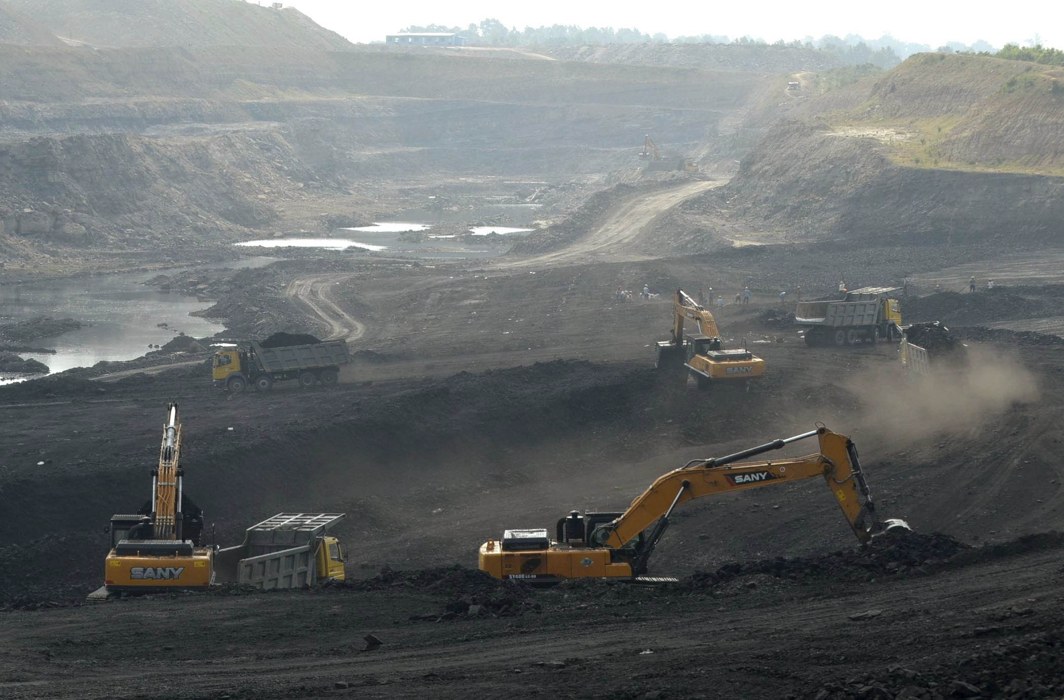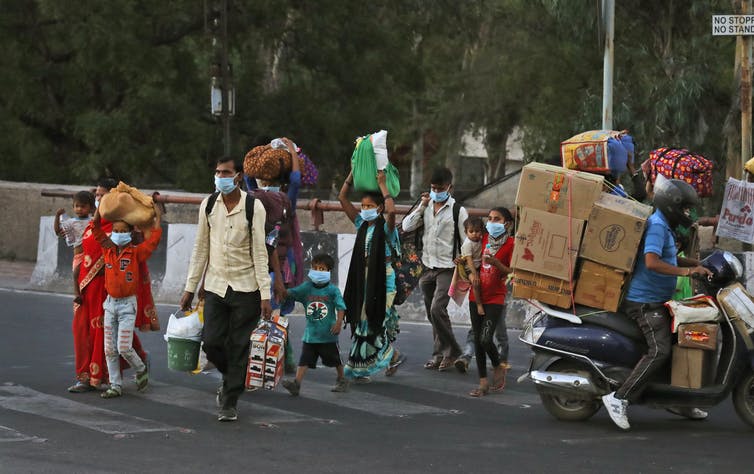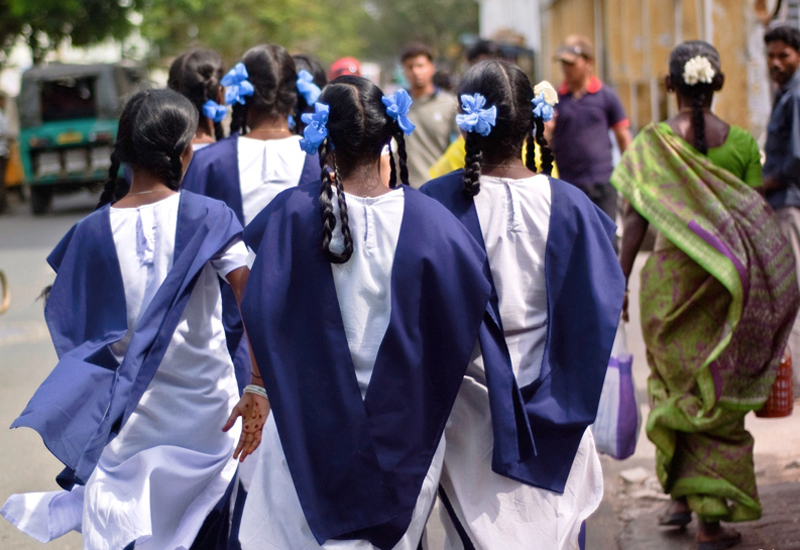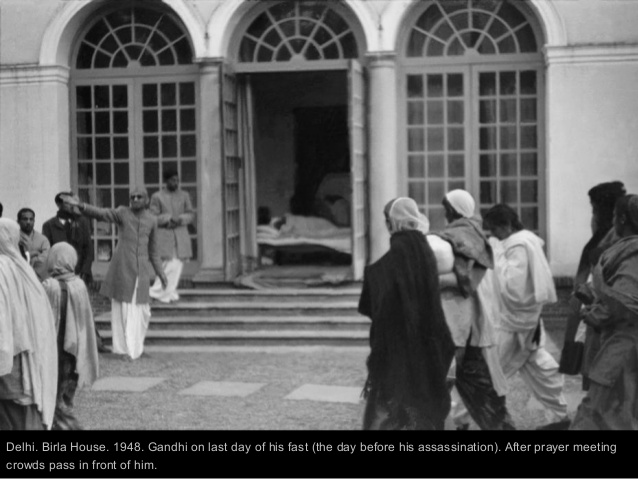SPECIAL ESSAY
The questions of immigration, citizenship and nation state need to be addressed with a sense of responsibility and utter sensibility as it renders the destiny of thousands of people in jeopardy. But what is disconcerting is the politicising of these serious issues by the whims and fancies of individual politicians and the larger interest of the dominant political ideology.
Chandaryee Goswami | The New Leam
As a measure to check cross border movement of people, primarily entering the US territory, the Trump government has adopted very stringent immigrant policies. One such policy is the practice of migrant family separation whereby the children are separated from their migrant parents due to the necessary legal process.
The use of family separation as a migration deterrent by the administration has seen a strong opposition from the Immigration and chid advocates, Democratic lawmakers and the United Nations. They have condemned the practice of separating families at the border but the administration has defended its actions by saying that it is protecting children and making clear that illegal border crosser will be prosecuted regardless of their family circumstances. It is to be noted that United States has the world’s largest immigrant population and that has been one of the major source of population growth and cultural change throughout the history of US.
Historically, large-scale migration within the region has occurred between the United States and Mexico and Central America. These large-scale movements are motivated by labour and other policies, strong social and family ties and economic factors including significant income differentials.
Regional mobility was primarily south-north and labour driven. Due to stricter immigration laws, it is seen that the number of unauthorised immigrants have increased. In such a background, the family separation practice as migrant deterrent raises serious questions about the tackling of immigration issue by the United States in particular and by all other countries in general since it has become one of the of the most contentious issue in a globalised world.

Statistics shows that the implementation of the policy has not contributed any significant reduction in the rate of migration. One of the primary reasons being is the already abysmal condition of the immigrants under which they have taken the decision to move. From political persecution to economic instability, there are myriad of reasons which forces people to leave their home country and take refuge in a foreign land. This is a by-product of a modern, democratic world order whereby development of nation states in the Europe in 18th century led to territorialisation and thereby creating the duality of ‘we’ and ‘other’.
However, what is more important is the process of creating the category of we or in other words the citizens for which as Benedict Anderson says an imagination is vital to consider everyone as a part of the larger community which is the nation. This is only possible when the sovereignty of the nation is not only proclaimed but also maintained. As the nation states developed from the 18th century onwards they engaged in a protracted labour to make the elusive ‘people’ appear in tangible forms; in a shared history , in common set of symbols emerging from everyday life (language, customs, religious life etc.), clear boundaries reproducing the national community.
The chaotic crowd of people are now produced as citizens with a shed belied in popular unity. Thus, popular sovereignty increasingly became synonymous with national sovereignty and the political love of the people as citizens are produced in schools, army, pedagogy, art songs, worship etc.

However, the critical aspect of the nationalistic sentiments is its hyper and militaristic character which disregards and necessarily turns the other nation as the enemy and renders its people as threat to the national sovereignty. Currently America is passing through a stage where its leaders including the very first citizen of the country firmly affirm to this notion of nationalism as well as politics. It gives to a xenophobic approach in dealing with issues relating to immigration and therefore becomes very biased, unfair and grotesque such as the above mentioned policy. Nonetheless, what is concerning is the similar tendency of ethnocentrisms, xenophobia and a hyper nationalism in other parts of the world including India. It is to be understood that every country has an established system of economy, polity, and social structure and an unprecedented population growth can have serious repercussion on all of these aspects.
In the global cultural economy precipitated by a neo liberal market economy Arjun Appadurai argues that there is increasing deterritorialisation whereby certain disjuncture tend to mark the existing socio-economic and political patterns. The fluidity and irregularities of a post modern world is primarily because of the flow of international capital. This has led to enhanced movement of people, ideas, images, finance and technology. The process of migration has also reached a new peak given the surfing nature of the global economy.
It is also cannot be denied that the notion of nation and nationalism firmly attached to the idea of ‘motherland’ has not blurred completely. In everyday life, it is being reiterated primarily through violence and control as argued by Ernest Gellner.
In India, the mandatory Aadhar Card for all the citizens, the playing of national anthem in cinema halls, the laws defining the rights and duties of the citizens and the Constitution as the guide for the do’s and don’ts are all different ways to keep the idea of a nation state alive and perpetuate.
Thus, in this situation where on one hand there is a structure and on other hand where there is a growing tendency of moving away from structure, the world seemed to be caught in a web of multiple complexities. The political chaos that has been one of the problems characterising the eastern and north-eastern regions of the country due to illegal entrance of Bangladeshi citizens is one such case. Like America, the immigrant issue is not new in India. But what is strikingly similar in both the cases is the way it is currently being handled by the governments of both the countries.
While in US, the Trump administration believes that by deterring immigrants through any measure even if it means violating the basic human rights of having a family will ensure an America which will only be of the ‘Americans’, in India, the desire is more to build one unified or ‘akhand bharat’ which will be primarily for Hindu Indians. The recent amendment to the Citizenship Bill evinces the fact whereby apart from Muslims, Hindus, Jains, Sikhs, Buddhists, Parsis, and Christians from Afghanistan, Bangladesh, and Pakistan shall not be treated as illegal immigrants. It has inevitably become favourable towards the Bengali Bangladeshi as the Bill’s most direct affect will be on question of Bangadeshi immigrants to India as claimed by different sections particularly from the states of northeast region such as Assam.
Therefore, the question of immigration, citizenship and nation state needs to be addressed not in a piecemeal manner but with a sense of responsibility and utter sensibility as it renders the destiny of thousands of people in jeopardy. But what is disconcerting is the politicising of these serious issues by the whims and fancies of individual politicians and the larger interest of the dominant political ideology.
***














